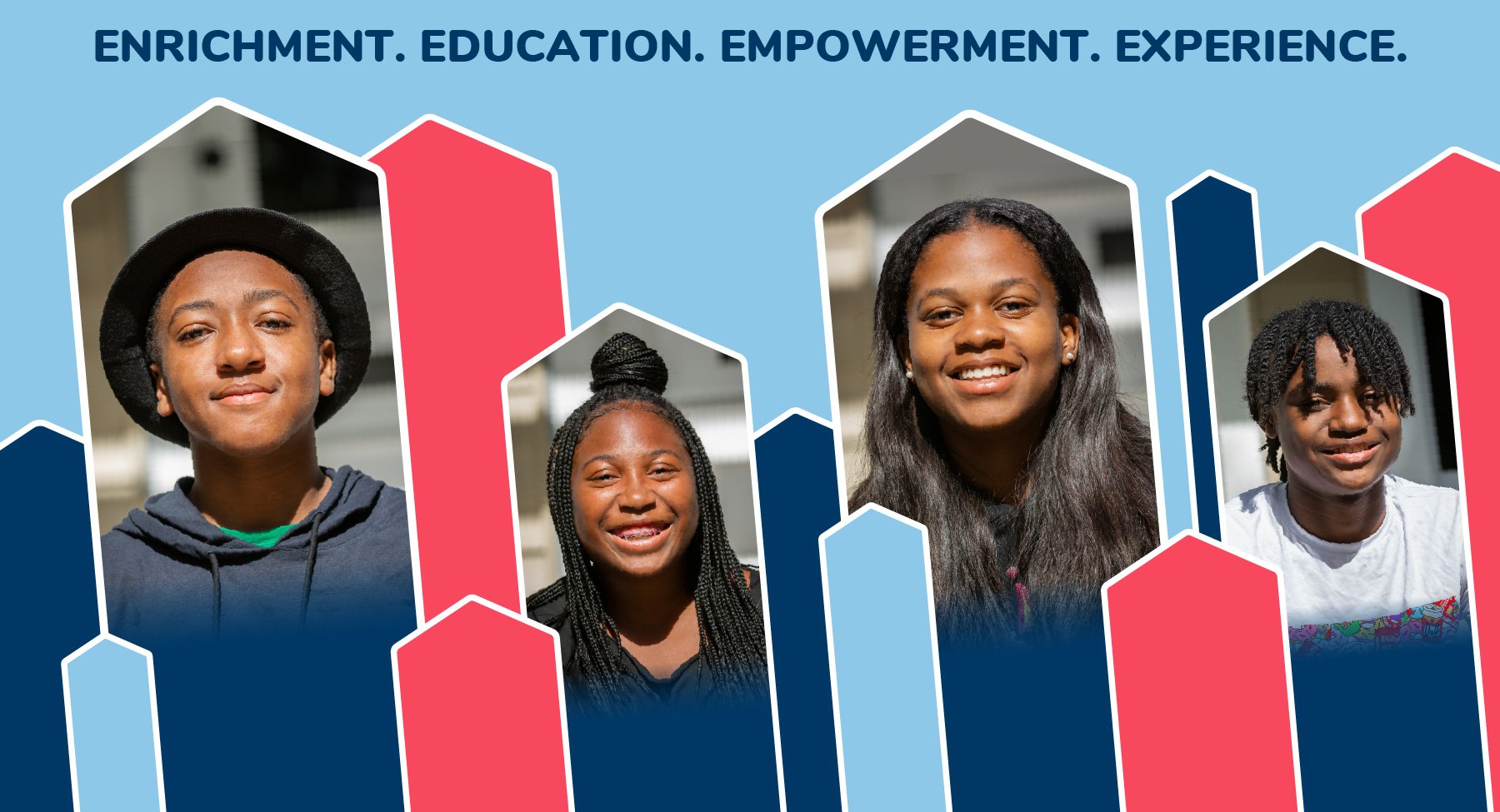In many areas—and particularly those with a lot of new development—cashless establishments are becoming a popular way of doing business.
WABE reported on the trend recently, pointing out that Mercedes-Benz Stadium has been cashless since 2019 and, since then, many others have followed suit to alleviate operational challenges, address safety concerns, and prevent theft.
More and more business owners are beginning to believe the benefits of going cashless outweigh the additional processing fees.
Access denied
But there are also problems with refusing to accept cash. Major cities such as Philadelphia and San Francisco have banned cashless establishments, as well as the entire states of Massachusetts and New Jersey.
Our cash notes themselves declare that they are “legal tender for all debts, public and private.” Refusing to accept them raises questions of access, particularly for those who—for various reasons—are unbanked.
“According to the FDIC, 6.7% of Georgians are unbanked,” the WABE article observes, “with Black and Hispanic households being disproportionately unbanked compared to white households.”
As a result, we have to ask ourselves: “Do cashless establishments align with our vision of a fair and equitable society?”
Convenient banking
We believe it is important to ensure that unbanked citizens have equal access to goods and services. However, we also recognize there are many benefits to banking and not everyone who goes unbanked does so intentionally. Banks are often located in wealthier areas, and not everyone has the resources to commute or manage their finances online.
For these reasons, we’re proud to partner with PNC Bank to provide our residents with a convenient banking option.
PNC’s Mobile Banking Units (MBUs) are designed to extend essential banking services into low and moderate-income communities. In addition to banking services, MBUs provide financial education for homebuyers and money management strategies to help reduce residents’ reliance on high-fee check cashing and predatory lending.
The PNC truck is on the Emmaus House campus every Tuesday morning from 9:00 am - 11:00 am, offering all the services and benefits of a mobile branch.














